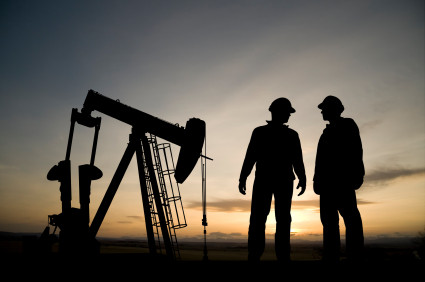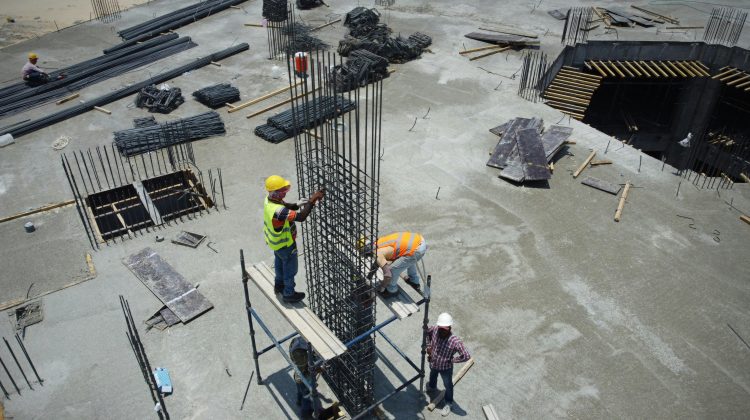Working in an oilfield can be extremely dangerous, and one wrong move can result in a serious injury. Getting into an oil field accident can be a very traumatizing event, luckily workers compensation attorneys can help navigate the challenges that present themselves after a serious accident. Because of the danger of working in an oilfield, it is vital to be extremely safety conscious on the job.
Types of Accidents
There are a few main reasons for accidents that those working in the fields need to be wary of;
Equipment Malfunction
Drilling sites use massive pieces of machinery on a day-to-day basis, all of which are necessary for activities from drilling and mixing mud to pulling pipes. This important equipment can be very heavy, therefore if they are faulty it can cause immense harm.
To prevent oilfield accidents, ensure heavy machinery is well maintained, as well as your workers are properly trained on how to operate the machine, and what to do if the equipment malfunctions
Improper Training/Negligence
One of the biggest causes of oilfield accidents is employee misconduct. Workers may neglect vital safety checks, repairs, and cleaning the machinery which can all lead to accidents. Improper training, especially during an oil boom when companies are short-staffed puts employees in a tricky position to operate in a job they may not be trained for, therefore increasing the risk of accidents. On top of short staffing, oilfield employees routinely work odd hours, usually up to 12-hour shifts, leading to worker fatigue and therefore an increase in the risk of an accident.
The best way to combat accidents like this would be to impress the importance of safety and care on the job.
Gas Poisoning
Another common accident in oilfields is gas poisoning. Gasses like hydrogen sulfide occur in several different places in an oilfield, some places have little to no ventilation. This presents a lot of risks to workers, as individuals exposed to hydrogen sulfide will experience nausea, fall unconscious, and if not treated, they could die.
To prevent accidents like this from happening, educating employees on the risks and warning signs of working in places where hydrogen sulfide levels are harmful can be lifesaving.
Electrocution
Working in an oilfield exposes employees to many electrical hazards, from uncontrolled energy to chemicals that conduct electricity, which can put oilfield workers in danger. Getting electrocuted can cause burns, and the individual could go unconscious and potentially die. Clearly marking machinery, educating workers on the risks, and maintaining strict safety procedures can prevent electrical accidents from happening.
Fires and Explosions
Along the same line of risks as electrocutions, oilfield workers are at risk of fires and explosions due to the conditions necessary to drill.
Oilfield Accident Statistics
- According to the Census of Fatal Occupational Injuries, 489 oil and gas extraction workers were killed on the job between 2013 and 2017.
- During the 2008-2017 oil boom, 1,566 workers died on the job site. Around the same time the Occupational Safety and Health Administration (OSHA) cited companies in the oil and gas industry for 10,873 safety violations.
- According to the United States Bureau of Labor Statistics, mining, quarrying, and oil and gas extraction account for 536 fatalities.
Tips To Avoid Oilfield Accidents
Wear Protective equipment- Safety gear like a helmet or gloves may be overlooked in a time-sensitive or stressful situation, however, an oversight like that can lead to serious injury and death.
Encourage Safety Communication- Oil and gas jobs are not simple or easy, so encourage your employees to speak up if they see any issues or problems on the job. Communication about unsafe working conditions is critical, however, it is also important for supervisors and employees to communicate about job tasks to avoid accidents due to miscommunication.
Establish a Detailed Training Program- Working with oil rigs can be extremely dangerous if not properly trained on the procedures to operate and the risks of improperly operating. Establishing a training program that is detailed and in-depth explaining the risks and proper procedures will prevent mistakes from lack of training.
What to do After an Oilfield Accident
Contact Supervisor- This is not only important in order for you to collect workers’ compensation benefits but documenting your injuries will help determine what caused the accident later.
Seek Medical Attention- Even if you feel that your injuries are minimal, it is better to be safe than sorry. Medical records are also an easy way of writing down your injuries, pain levels, treatment, and diagnosis.
Contact Lawyer- Before speaking to your employer, speak with an experienced oilfield injury attorney who has successfully represented rig workers. In the following days after your accident, it is very important that you do not speak to the drilling company about what they will do to make things right.





No Comment